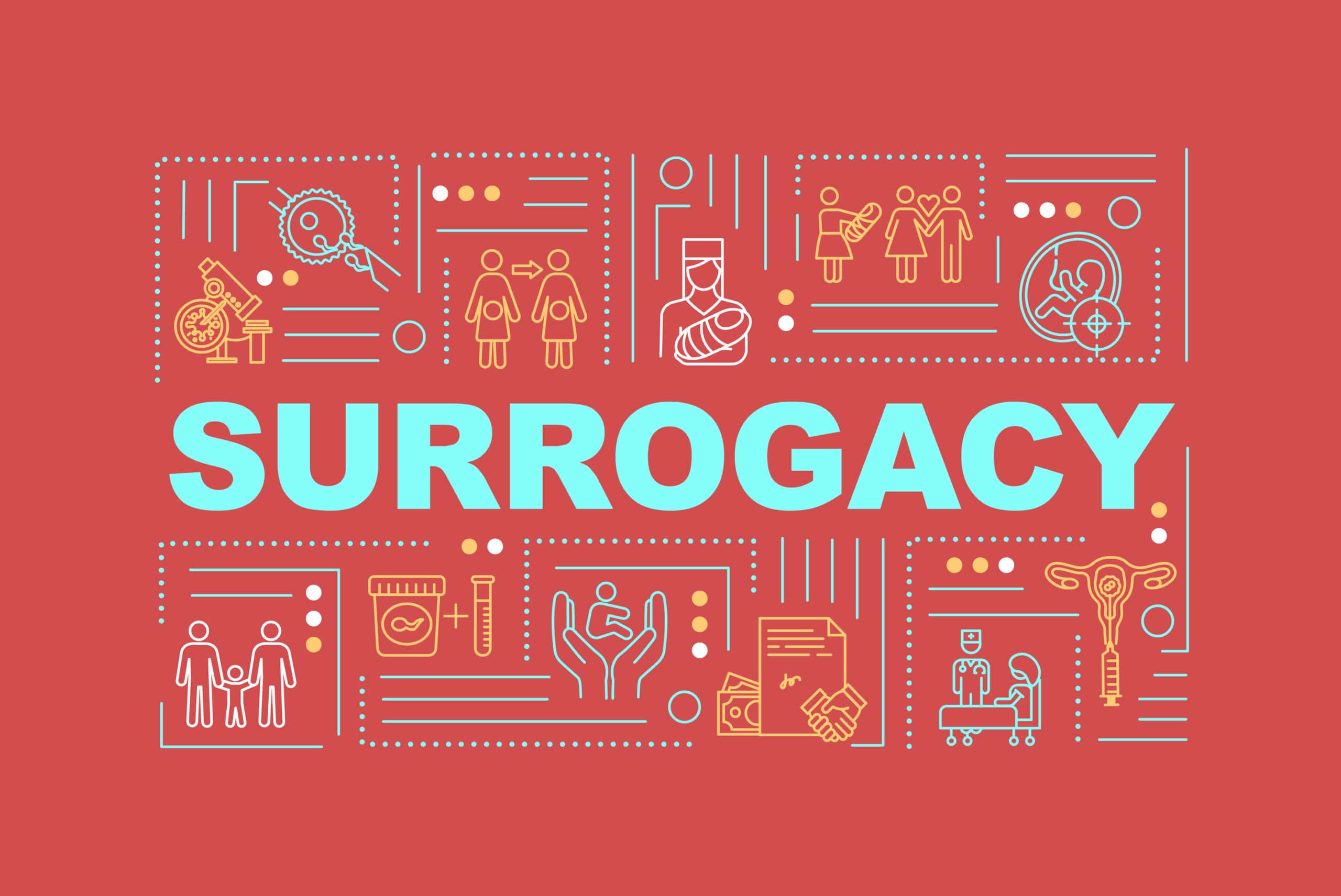Surrogacy offers hope to individuals and couples struggling with infertility, same-sex couples, and those who can’t carry a pregnancy to term due to various medical reasons. However, being a surrogate mother is not a decision to be taken lightly. It comes with a unique set of responsibilities, emotional considerations, and legal implications.
If you’ve ever considered becoming a surrogate mother or are simply curious about the qualifications required, this comprehensive guide is here to help you navigate the intricate world of surrogacy. From the physical and emotional aspects to legal and ethical considerations, we’ll delve deep into the qualifications necessary to embark on this remarkable journey.
The Physical Qualifications
1. Age and Health
Surrogacy is physically demanding, and as such, there are certain age and health qualifications you must meet. Typically, surrogate mothers should be between the ages of 21 and 40. This age range ensures that you are mature enough to understand the process and its implications yet young enough to carry a pregnancy safely.
Your overall health is crucial. Surrogacy agencies and intended parents will require thorough medical evaluations to ensure you are in good physical condition. You should have a history of successful pregnancies and be free from medical conditions that could harm your health or the pregnancy.
2. BMI (Body Mass Index)
Maintaining a healthy weight is essential during pregnancy, and surrogates are no exception. Surrogate mother qualifications often include a specific BMI range. A BMI within the healthy range, typically between 18.5 and 30, is usually required to ensure a safe and uncomplicated pregnancy.
3. Lifestyle Choices
Your lifestyle choices play a significant role in determining your eligibility as a surrogate mother. You must be a non-smoker and abstain from the use of recreational drugs. Moderate alcohol consumption may be acceptable, but following medical advice during the surrogacy journey is essential.
4. Reproductive Health
Surrogates should have a healthy reproductive system. This includes having a regular menstrual cycle and a history of uncomplicated pregnancies and deliveries. Any prior pregnancy complications may impact your eligibility.
The Emotional and Psychological Qualifications
1. Emotional Stability
Surrogacy can be emotionally challenging. Surrogate mothers must possess emotional stability to cope with the emotional journey, including attachment to the unborn child and the eventual separation. A strong support system, including family and friends, can be beneficial in maintaining emotional well-being
throughout the process.
2. Motivation and Intent
Understanding your motivation for becoming a surrogate is crucial. While compensation is often involved, it should not be the primary driver. The desire to help others build a family should be the driving force behind your decision. Intended parents and agencies will want to ensure that your intentions are altruistic.
3. Mental Health Assessment
Many surrogacy agencies require candidates to undergo a psychological evaluation. This assessment helps identify any underlying mental health issues that could affect your ability to cope with the surrogacy journey. It’s essential to be honest during this evaluation, as your mental well-being is critical to the success of the process.
4. Support System
Having a strong support system is vital. Surrogacy can be emotionally challenging, and having friends and family who understand and support your decision can make a significant difference.
Legal and Ethical Considerations
1. Legal Requirements
Surrogacy laws vary by country and even within states or provinces. It’s essential to be aware of and fully comply with the legal requirements in your jurisdiction. You may need to consult with an attorney experienced in reproductive law to navigate the legal aspects of surrogacy.
2. Consent and Contracts
Before beginning the surrogacy journey, all parties involved, including the intended parents and the surrogate, must consent to the arrangement. A detailed legal contract outlining all parties’ responsibilities, rights, and expectations is typically drafted and signed.
3. Parental Rights
Understanding parental rights is crucial. In many cases, the intended parents are recognized as the legal parents from the moment of conception. However, some jurisdictions may require legal procedures to establish parental rights.
4. Ethical Considerations
Ethical considerations are at the heart of surrogacy. It’s essential to ensure that the surrogacy arrangement is ethical and respects the rights and dignity of all parties involved. This includes open and honest communication between the surrogate and intended parents and adherence to agreed-upon boundaries.
The Application Process
1. Finding an Agency or Independent Match
Surrogates can choose to work independently with intended parents or through surrogacy agencies. Each option has its advantages and disadvantages. Agencies often provide more comprehensive support and guidance, while independent arrangements may offer more flexibility.
2. Application and Screening
Once you’ve decided on the path to surrogacy, you’ll need to complete an application and undergo screening. The application typically includes detailed questions about your medical history, lifestyle, and motivations for becoming a surrogate. The screening process involves medical and psychological evaluations and background checks.
3. Matching Process
You’ll enter the matching process if you meet the qualifications and are approved. This is where you, as a surrogate, are matched with intended parents who share similar preferences and values. The matching process is a critical step in ensuring a successful surrogacy journey.
The Pregnancy and Birth
1. Prenatal Care
Once matched, the surrogate will begin the process of embryo transfer and pregnancy. Throughout the pregnancy, you will receive regular prenatal care to monitor the health and development of the baby. Following your doctor’s advice and attending all medical appointments is crucial.
2. Emotional Support
The emotional support of the intended parents is often a significant part of the surrogacy journey. Maintaining open and honest communication with the intended parents can help create a positive and supportive environment for everyone involved.
3. Giving Birth
The moment of Birth is a culmination of the surrogacy journey. The birth plan should be discussed and agreed upon in advance, and the intended parents are typically present for the Birth. The birth certificate and legal documentation will reflect the intended parents as the child’s legal parents.
Post-Surrogacy Considerations
1. Physical Recovery
After giving birth, surrogates will go through a physical recovery process. Following your doctor’s postpartum care instructions is essential to ensure a smooth recovery.
2. Emotional Closure
Surrogacy often involves complex emotions, including feelings of attachment and separation. Emotional closure is crucial for both surrogates and intended parents to move forward positively.
3. Legal and Financial Arrangements
Ensure that all legal and financial arrangements, including compensation and post-birth expenses, are properly documented and completed according to the agreed-upon terms.
Conclusion
Are you ready to embark on the life-changing journey of surrogacy? Global D&S Agency is your trusted partner in making dreams of parenthood come true. We understand that surrogacy is a unique and deeply personal experience, and we’re here to guide you every step of the way. Your surrogacy journey begins with Global D&S Agency. Whether you’re an intended parent or considering becoming a surrogate, our dedicated team is here to make your dreams a reality.
Don’t wait any longer to start your surrogacy journey with confidence and support. Contact Global D&S Agency today, and let us guide you toward the joy of parenthood






